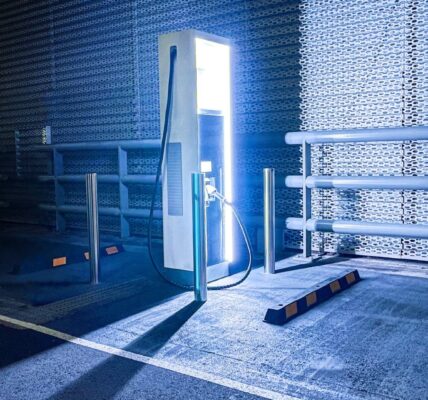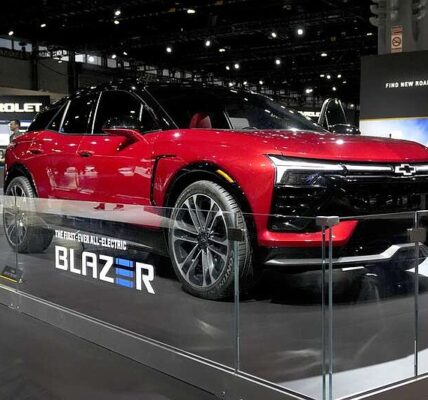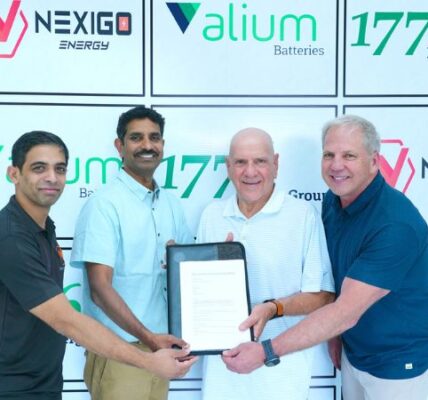Commercial payments firm Comdata has launched a contactless feature for its electric vehicle focused Chargepass Mastercard.
As the company noted in a Tuesday (April 9) news release, the solution is designed to streamline payments for businesses by meeting their needs for public charging and mixed fleet fueling, with a single tap.
“With over a decade of experience supporting fleets in their electrification journey, Comdata is committed to accelerating the transition for our customers,” said John Donahue, VP, EV Product and GTM Strategy. “Comdata Chargepass is a part of that vision. We are delivering a single solution for EV charging and fueling, with a new option to go contactless — empowering fleets to charge anywhere and fuel smarter.”
According to the release, Chargepass lets fleets pay for electric vehicle (EV) charging and fueling for traditional vehicles, while getting a single integrated invoice, and managing mixed fleet data and insights. It’s a unified approach, the company said, that provides businesses the tools they need to switch to EVs.
“The latest feature offers the contactless ‘tap-to-pay’ option, allowing users to tap or dip their cards for swift and hassle-free transactions,” the release added. “Drivers will no longer need to manage multiple apps to pay for charging.”
Chargepass is acceptable anywhere wherever Mastercard is accepted, the release noted, including the top 10 EV charging networks in the US. It also supports Apple Pay and third party mobile payment apps.
The launch comes amid what was described here last week as an ongoing shift in the EV landscape, with car companies such as Volvo and Ford recently reporting a jump in sales for this category.
“However, despite this optimistic outlook, broader challenges facing the EV market persist,” PYMNTS wrote.
“Notably, Volvo’s recent decision to cease funding for its affiliate, Swedish electric car brand Polestar, underscores the complex dynamics at play within the EV industry landscape.”
Ford too has seen setbacks in its EV efforts, putting off the debut of two planned electric car models amid waning demand for the vehicles. The production debut of its planned three-row electric SUV at the Oakville, Ontario assembly plant has been deferred from 2025 to 2027.
In a press release, the automaker described this delay as an opportunity to “allow for the consumer market for three-row EVs to further develop and enable Ford to take advantage of emerging battery technology […].”








